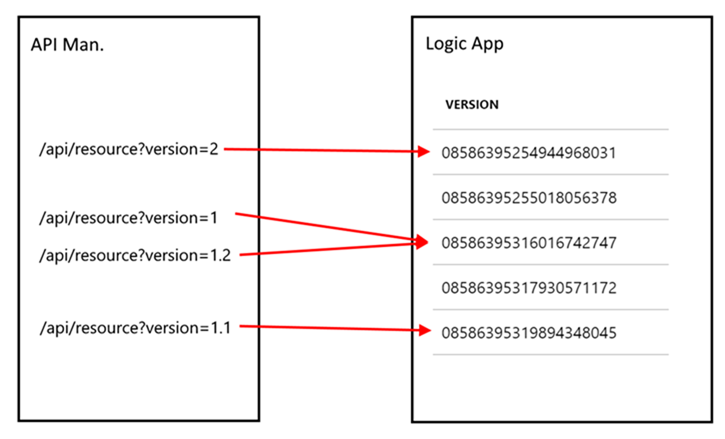


gRPC + ASP.NET Core as a Migration Path for WCFs in .NET Core

Versioning REST APIs in Azure Serverless

Performance implications of default struct equality in C#

Dissecting new generic constraints in C# 7.3

Performance traps of ref locals and ref returns in C#

Nullable types arithmetic and null-coalescing operator precedence

The ‘in’-modifier and the readonly structs in C#

Dissecting the async methods in C#


 Light
Light Dark
Dark